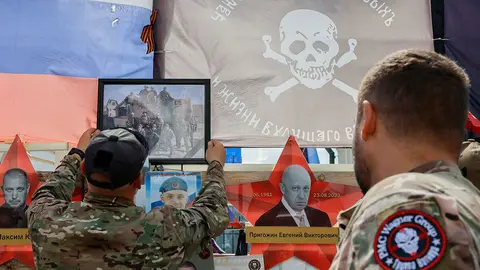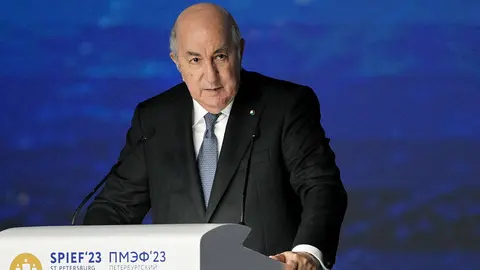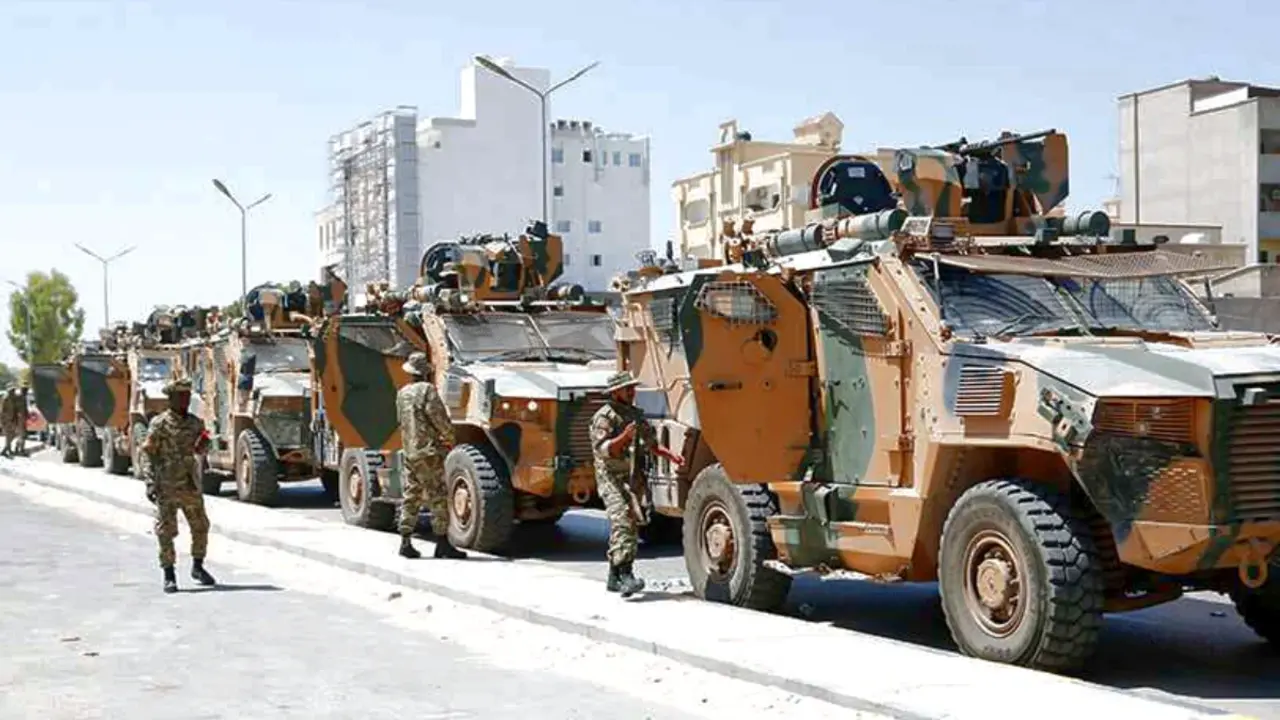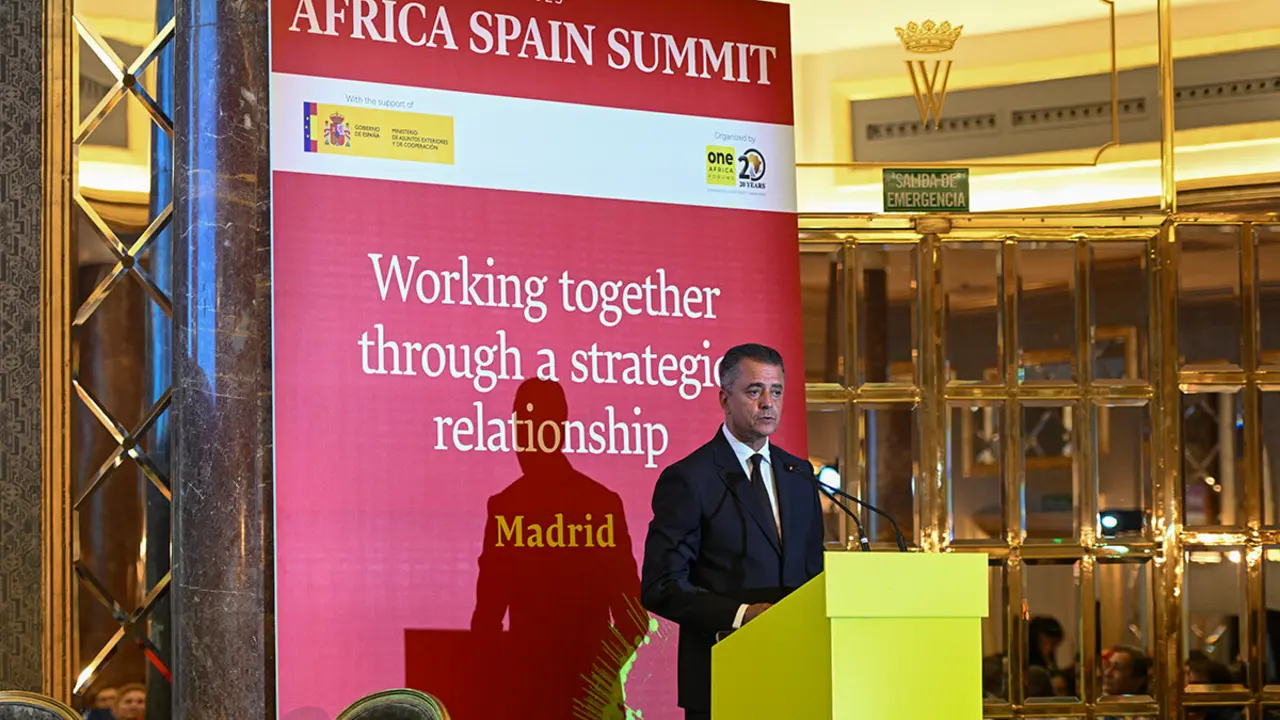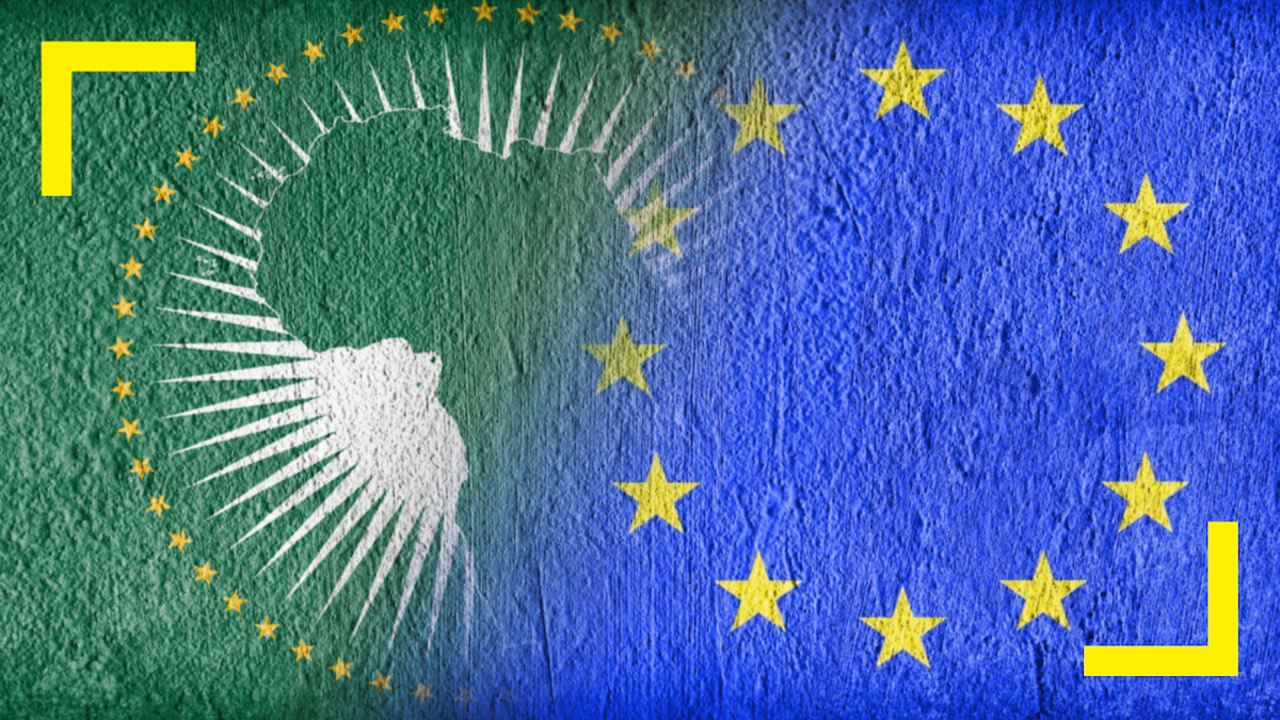War with Ukraine weakens Russia's position in Africa
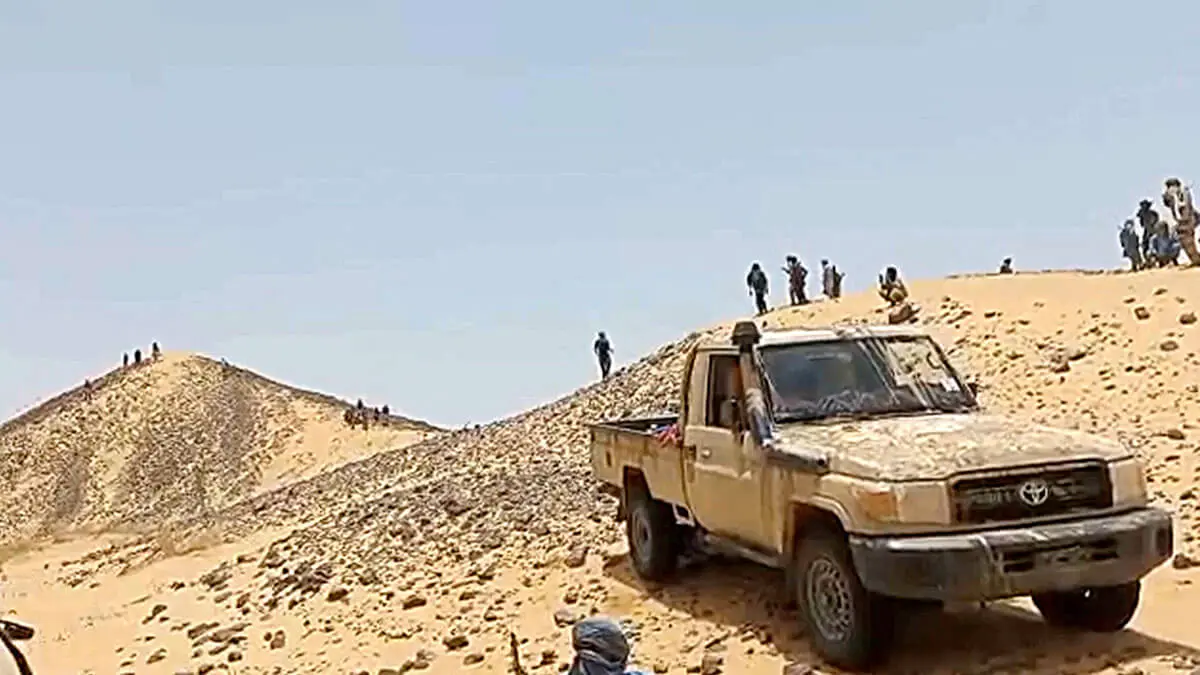
Following the dissolution of the Wagner Group, a mercenary corps dissident to Russian policies, in August 2023, Moscow decided to establish a new military company, under the Ministry of Defence and called Africa Corps, to maintain its influence on the African continent.
With this change, Russia is seeking to maintain its influence on the African continent. However, troop dissatisfaction, recruitment methods and a lack of cohesion among troops and their commanders are limiting Russian action. Moreover, the Kremlin's efforts in Ukraine in recent days, with the movement of troops from all the ‘satellite countries’, is seriously affecting Russian activity in Africa.

Russian strategy and rhetoric
Although Moscow boasts of having the support of small countries such as Sao Tome and Principe, the truth is that, in the eyes of its rivals, this is only a sign of weakness. Since Russia's entry into the African continent, its power has always been based on the security that Russian actions offer African governments.
Indeed, the Kremlin has not been able to fully regain its influence by using its economic power or the propaganda work of the Russian Orthodox Church. A study by the Verstka news portal and the Nordscent analysis centre revealed dissatisfaction among Africa Corps soldiers. It also suggested that Moscow must rely on former Wagner members in order to recruit Russian men. The study highlights the problems Moscow faces with the Africa Corps and its recruitment efforts.
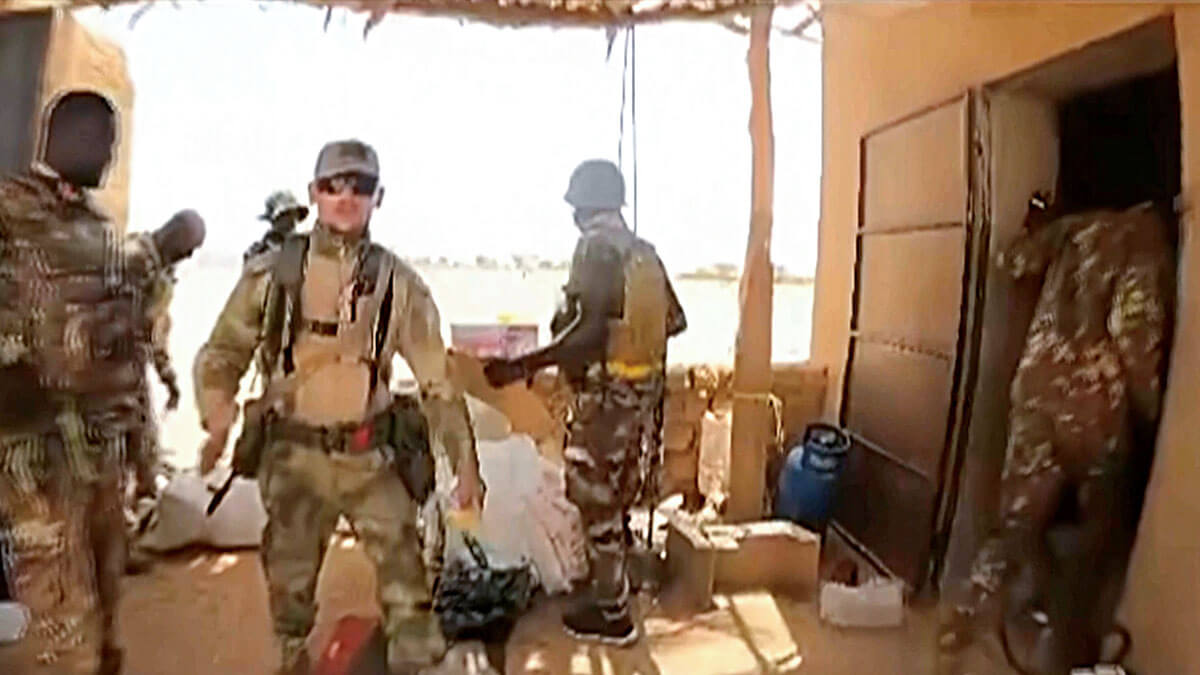
Among the main reasons that have led Moscow to this situation are a lack of cohesion and loyalty among Africa Corps troops; dissatisfaction with unfulfilled promises; and the Russian government's heavy reliance on African extremists and separatists to make up for casualties on the Ukrainian front lines.
In addition, the report has also highlighted Moscow's challenge in incentivising Russians to join the military by paying ever-higher bonuses to those serving in Ukraine.
Limited Russian influence
Despite the challenges, Russia has made significant inroads in Africa by promoting anti-colonial and anti-Western messages, as seen in Russian Foreign Minister Sergei Lavrov's meeting with his African counterparts in Moscow. At the meeting, Lavrov read out a letter from Russian President Vladimir Putin offering ‘full support to African countries in their struggle to free themselves from Western influence and control’.
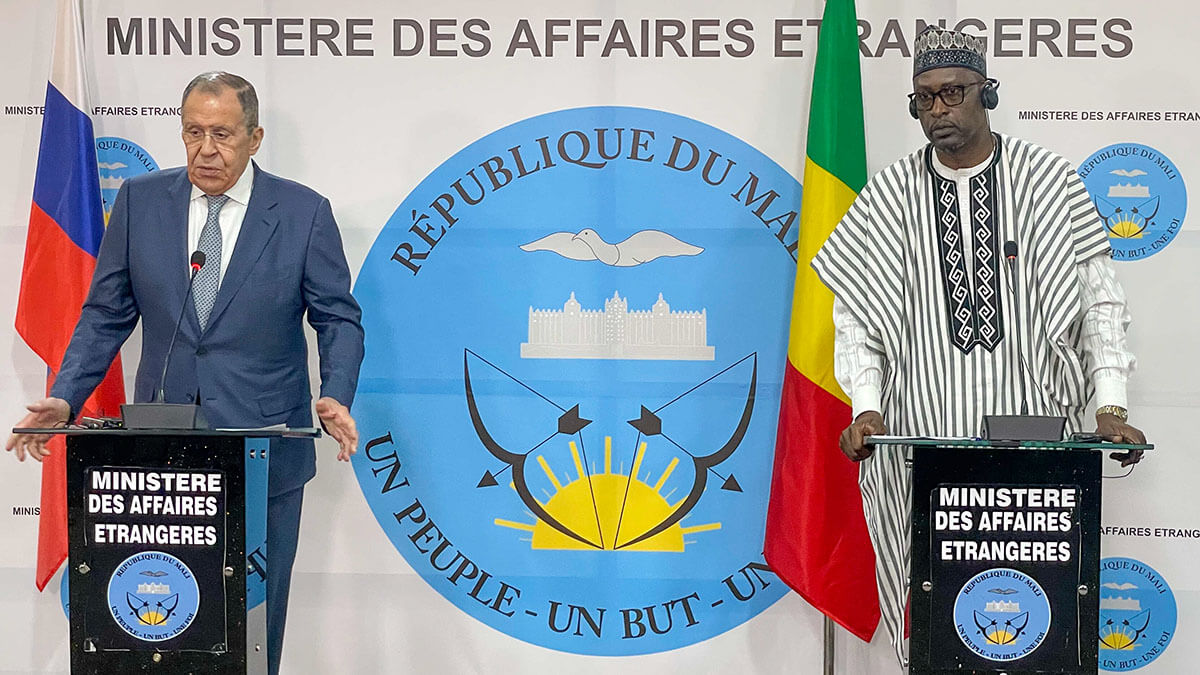
According to Western news agencies, this message shows that Russia is trying to gain influence in Africa, displacing Europe and the US. However, aid from these African countries is limited and indirect, and will likely disappear soon if Russia is not able to provide its main form of assistance: security to the affected governments.
In contrast, the possible arrival of a ceasefire in the war with Ukraine may change the entire political chessboard. If this conflict comes to a halt, Russia could redirect its attention and military interests towards Africa, continuing the strategy it has pursued in recent years of sending anti-colonial and anti-Western messages. A message that would be affected mainly by Ukraine's large role in the African continent in terms of food shipments.

Risk of escalation in Africa
The transition from the Wagner Group to the Africa Corps has turned out to be more problematic than the Russian administration, and especially the Ministry of Defence, expected. Since the death of the Group's leader, Yevgeny Prigozhin, the effectiveness of Russia's military and political influence in Africa has been weakened. Moscow nevertheless continues to try to expand and maintain its political and propaganda strategies.
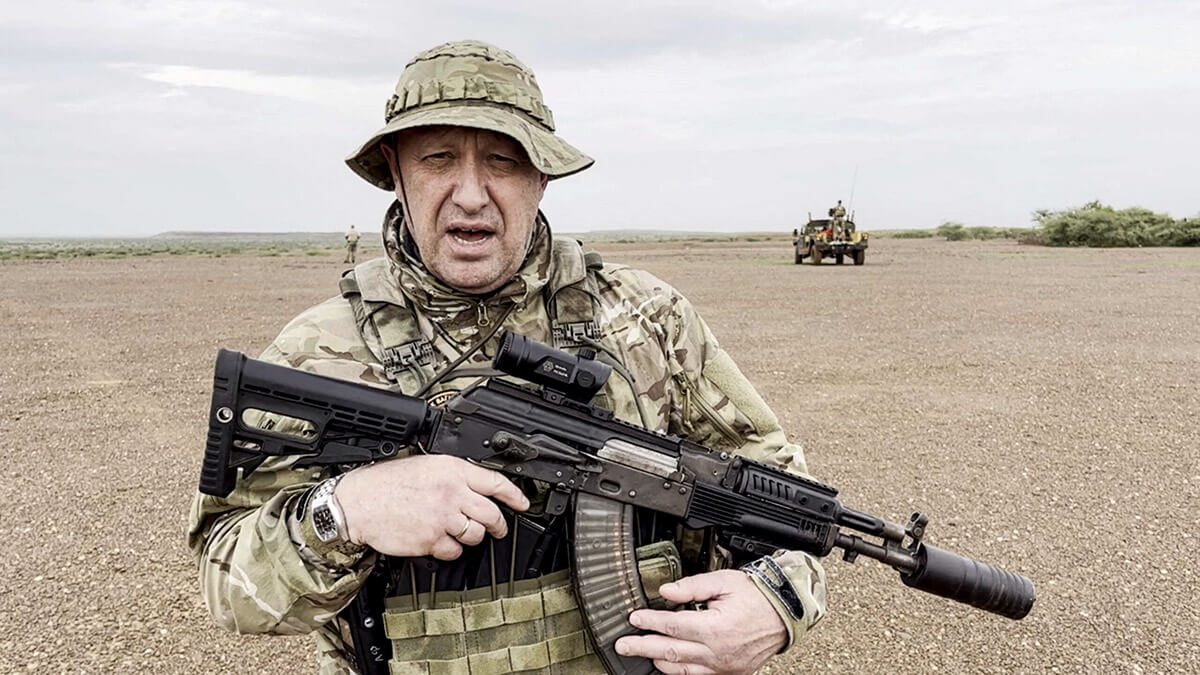
An eventual end to the war in Europe could result in Africa once again becoming ‘the world's largest battlefield’. In the event of such a development, the rivalry between the West and Russia will not only not cease, but will intensify as the conflict expands beyond its borders.
Russia's dependence on the outside world is currently growing, so Russia's ability to sustain its influence may be undermined by a ceasefire in Ukraine, in order to focus all efforts on a struggle for political influence in Africa.

